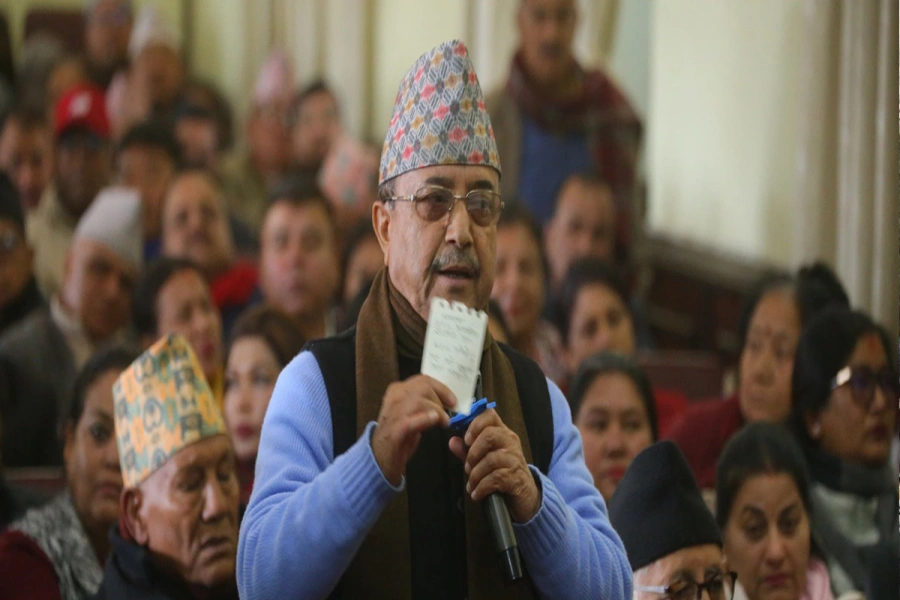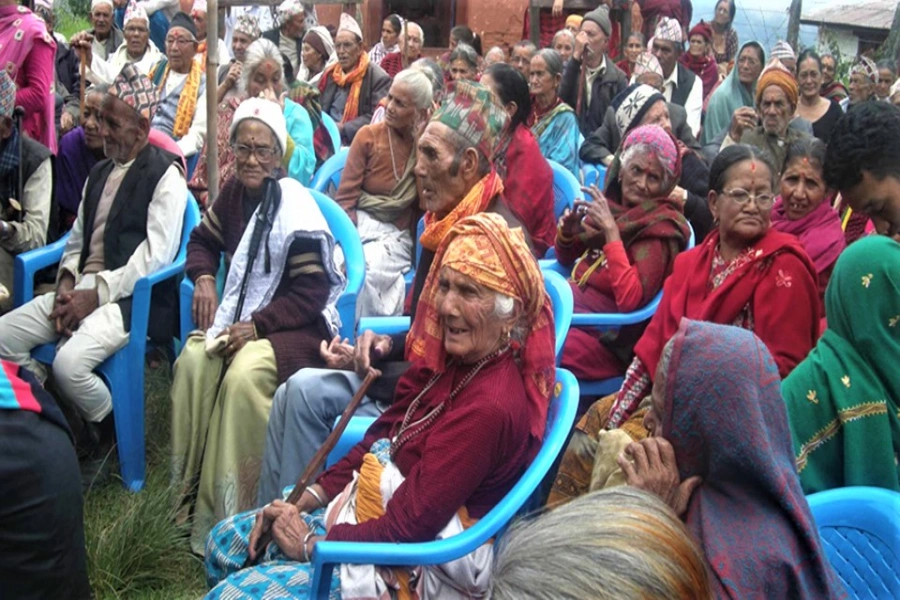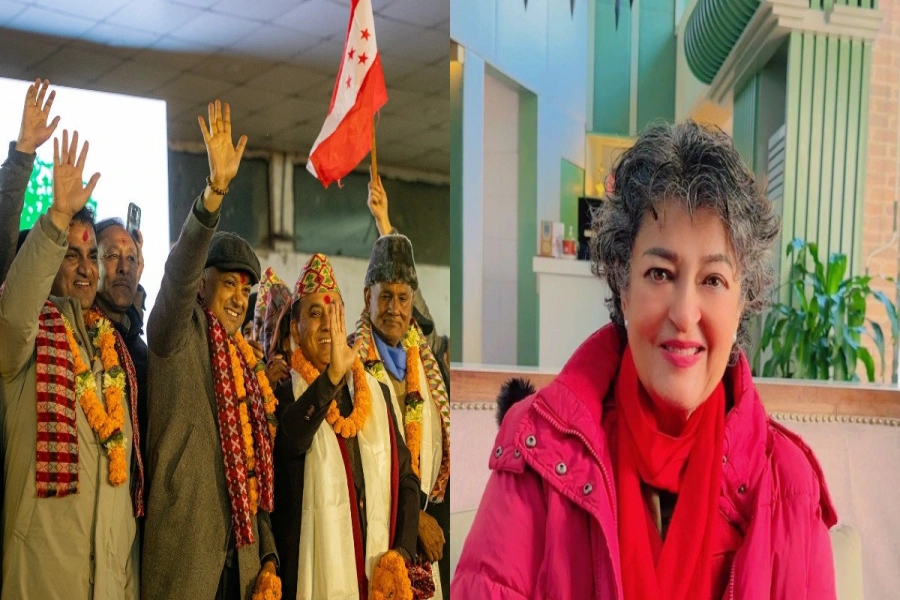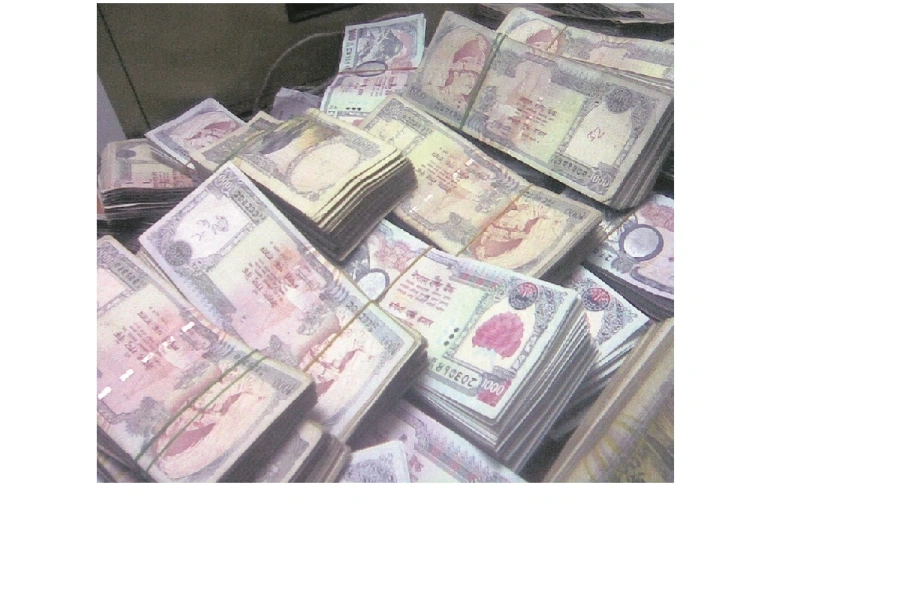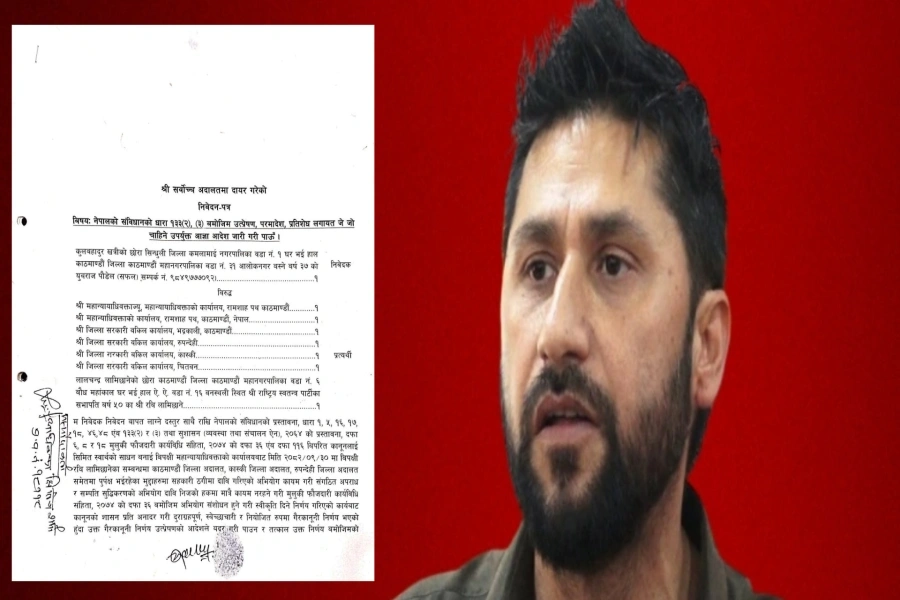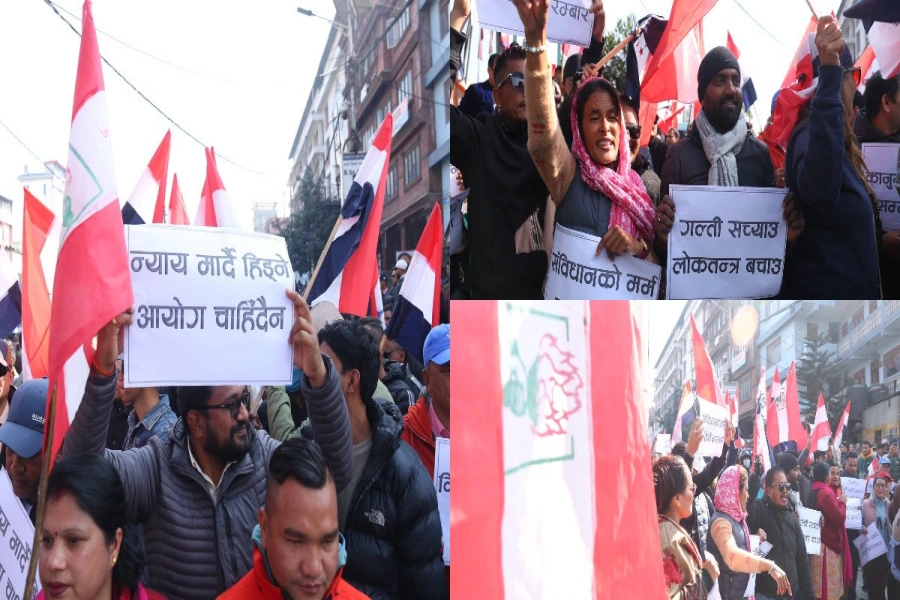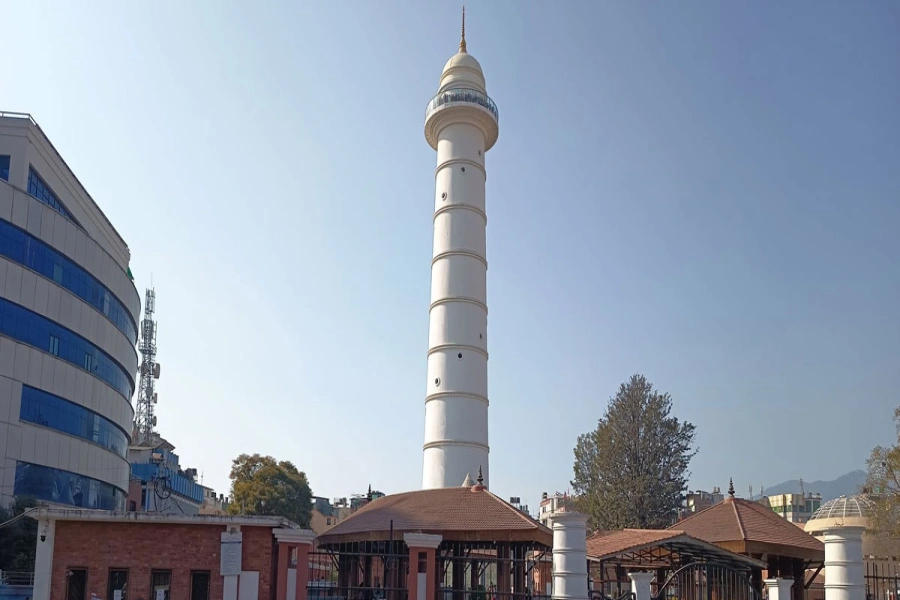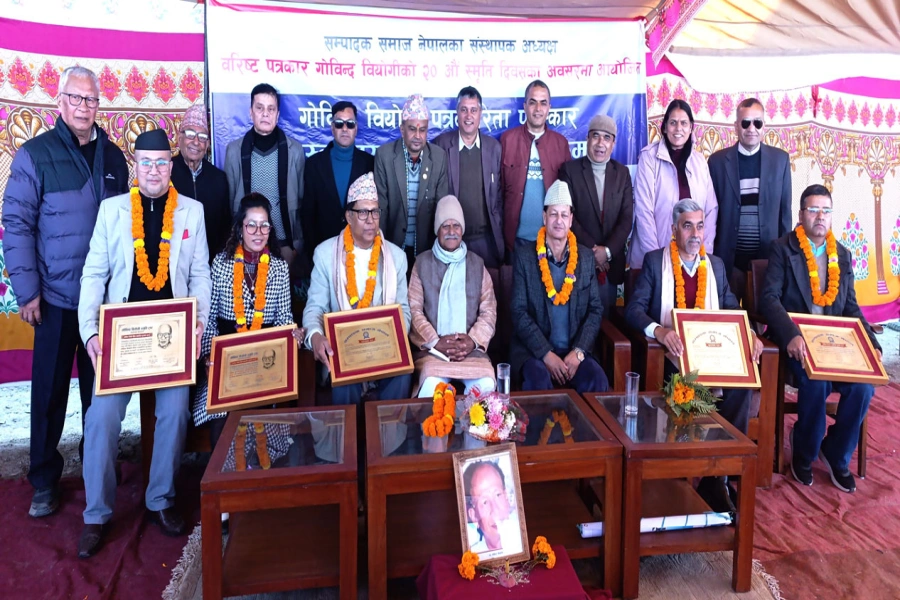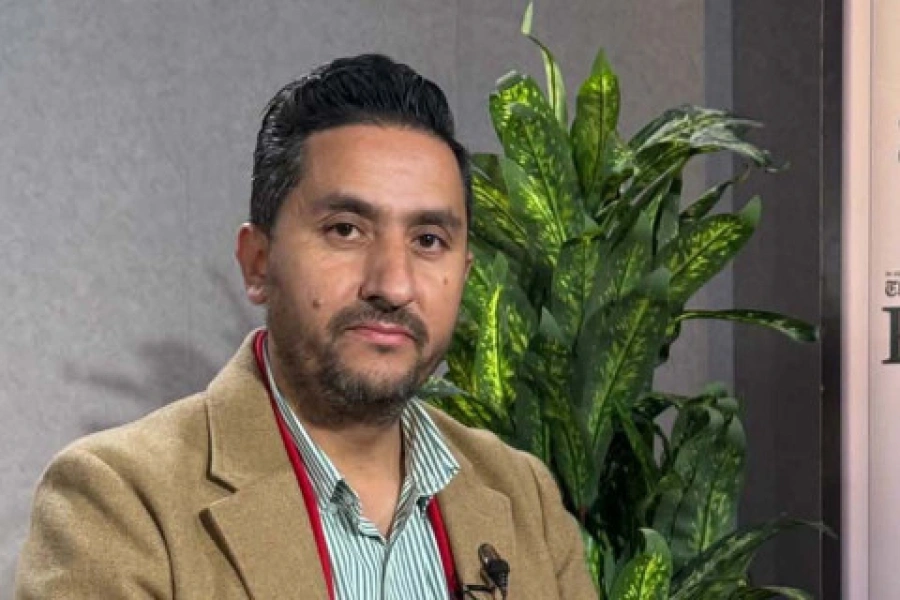KATHMANDU, July 12: A large number of pottery objects were produced by the Prajapati community in the ancient town of Thimi, Bhaktapur. However, very few people in this community are engaged in this almost-forgotten business culture today.
Krishna Kumar Prajapati, aged 60, one of the few old potters, is keeping this tradition alive. He learned the pottery skills at the age of 12 from his father.
He still remembers the guiding hands of his father who taught him to make a pottery object called ' pyalas'( a clay vessel).
Rambabu: The clay sculptor that makes gods for worshipers

As he grew, he started making all kinds of utensils and decorative objects. Though he continues this business even at the age of 60, his sons are not engaged in this business.
"People belonging to today’s generation are educated. They either want to work in an office or get settled abroad”, says Prajapati.
According to him, the only reason why he is still doing this job is that he spent his whole life on it. The other reason is that he has other option now, Prajapati says.
He still remembers the days when he took the pottery objects to the outskirts of the valley to exchange them with edible goods.
Mixing clay, throwing it in the potter’s wheel, drying and hardening them in the sun has been part of the daily life of Prajapati for 48 years. However, he has not been tired of getting involved in this business yet. He still loves playing with the clay as much as he did as a child.
The rapid urbanization has had its negative effects upon the supply of the clay. Thedeicha( God's clay) is very rare today. Both black and white clay are needed to make pieces of pottery. In the past, it was possible to find the clay nearby after digging 2 feet under the ground. But those days have gone by.
These days, potters are obliged to buy the clay from outside their town. The tradition is on the verge of extinction as there is no high demand for pottery objects such as ghaita, curd pot etc. There is only some demand for the pots used to grow flower.
Today, pots made of clay, which are beneficial to health, have been replaced by pots made of iron, copper and plastic. The 60-year-old Prajapati who is keeping this tradition alive is afraid of the impending extinction of this ancient tradition.




